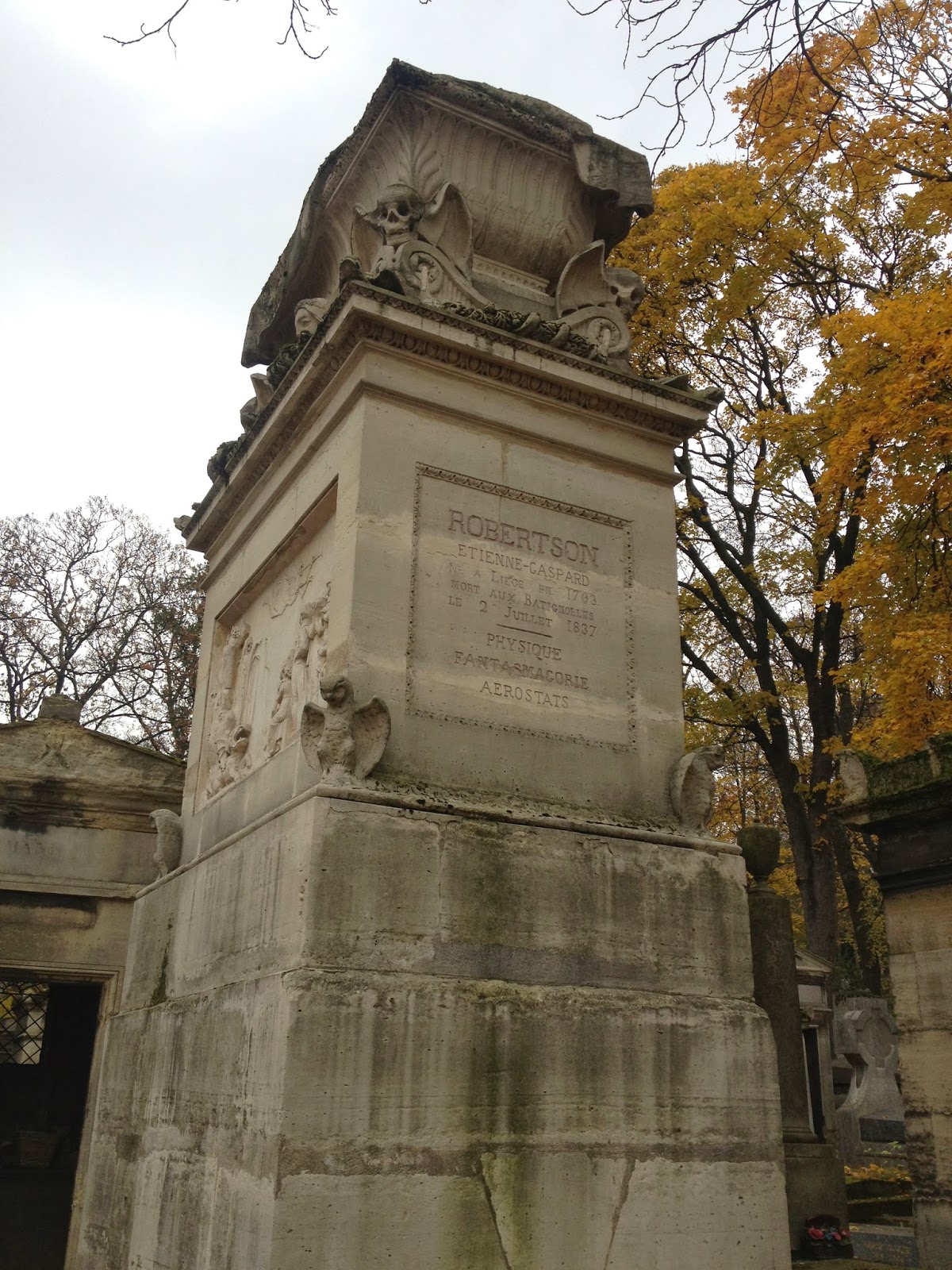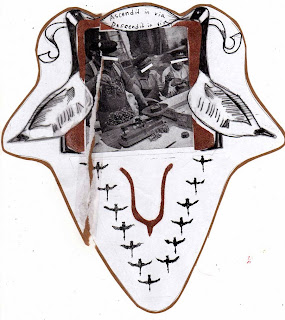To keep things in chronological order seems important to me as I recall the details of our trip to Paris. Our next sight-seeing event was Pont de Bir-Hakeim. This bridge is very close to the Eiffel Tower and is an impressive steel structure in it's own right. We chose the location because our beloved film "Last Tango in Paris" uses the location near the end of the film.
View of the pedestrian walkway with steel supports that look like simplified claw feet. On either side if the bridge are streets for autos and above on the second level the metro train runs.
"La France Renaissante" made by sculptor Holger Wendekinch adorns the walkway about halfway across the Seine River.
High relief sculptures representing the personifications of Science and Labor on the central arch of the viaduct by Jules Felix Couton. The other side has sculptures by Jean Antoine Injalbert representing Electricity and Commerce
View of the Eiffel Tower and the Seine from the Pont de Bir-Hakeim
View of Pont de Bir-Hakeim from shore showing the steel sculptures on the supports by Gustave Michel.
We next strolled over to see the Eiffel Tower which served as inspiration for the most recent in the series of my "13th Grape" artwork to date.
The Pere Lachaise Cemetery
It is difficult, like many things on this trip, to express through images the magnitude and influence of some sites. The Pere Lachaise Cemetery is one more "world on to itself" that we took in during a three hour self guided tour ( although we were accosted several times by self appointed tour guides ). Here I will show some favorites but I also want to express the wealth of symbols, sculptures and ceremonial/memorial architecture that waits here to amaze any visitor. Some in our party were there to see, you guessed it, Jim Morrison's resting place but there was so, so much more.

The first grave that caught my eye was Robertson. Winged skulls, owls and low relief sculptures that show the legions of Hell coming at a crowd of helpless fainting people? Who was this guy? Well the stone says " Physique Fantasmagorie Aerostats ". It turns out that Robertson was a very famous magician of sorts who put on a stunning show were he conjured spirits and demons to the horror and amazement of his contemporaries. He was also a balloonist. Maybe Robertson was the model for the original Wizard of Oz. Who knows.
Below we have the grave of the Lizard King. Missing its original bust ( which was replaced and re-stolen ) and fenced off from the public. I believe his is the only we saw that you could not approach closely. I suppose you have to make an appointment to place flowers or the caretakers just do it for you.
Below Modigliani- The painter's grave was one of the most active in the cemetery. Much love goes to this man still along with his partner Jeanne Hebuterne who committed suicide soon after his death. We left a drawing on his grave.
Another oddity of a grave was the resting place of Victor Noir. I noticed the patina was rubbed away to polish on the statue's lips,chin and crotch. Later research uncovered that this man was a journalist who was shot to death in 1870 by one of the Bonapartes during the reign of Napoleon 111. The shooting happened over a story the paper Noir worked for published criticizing the Emperor. The memorial sculpture by Jules Dalou has over the years become a fertility symbol in true sympathetic magical terms. Women, who believe in such things, will kiss the statue and rub the crotch to ensure a good sex life, the promise of childbirth or in hopes of manifesting a husband.
Why the shoes are polished at the tips we can leave to the imagination.
Sarah Bernhardt- without much fuss over her monument. You think there would be roses all over this one.
The cemetery abounds with beautiful structures. Owls and winged hourglasses everywhere.
And then we happen on this chap. Andre Breton -and this was not the last we heard from this individual on this trip. Little did we know his ghost would follow us all the way to the Pompidou Center.









































